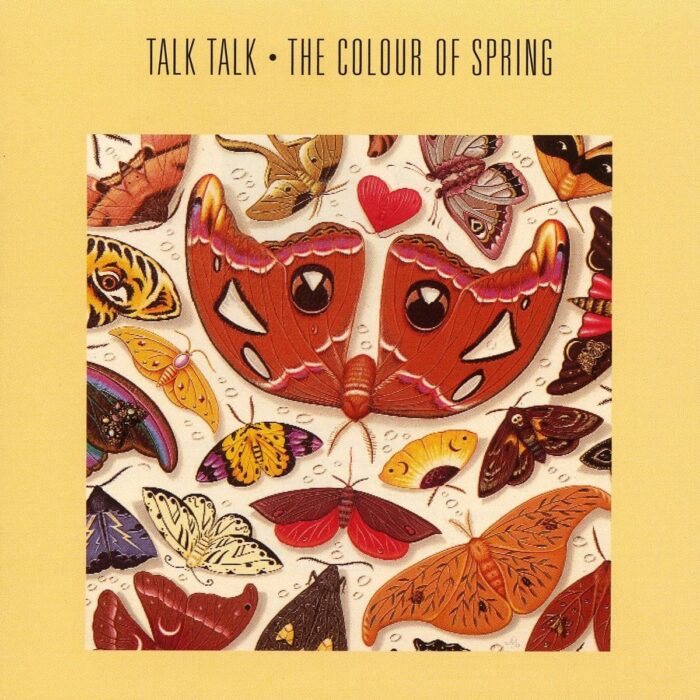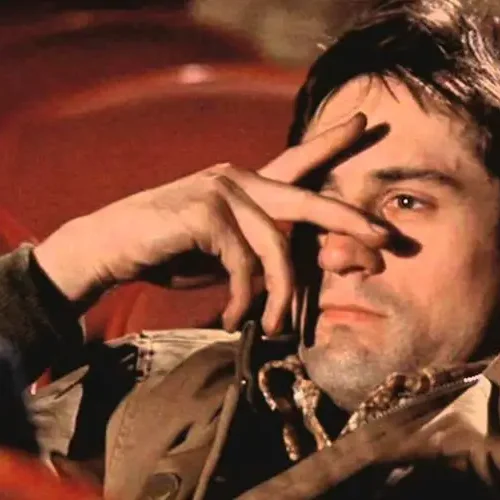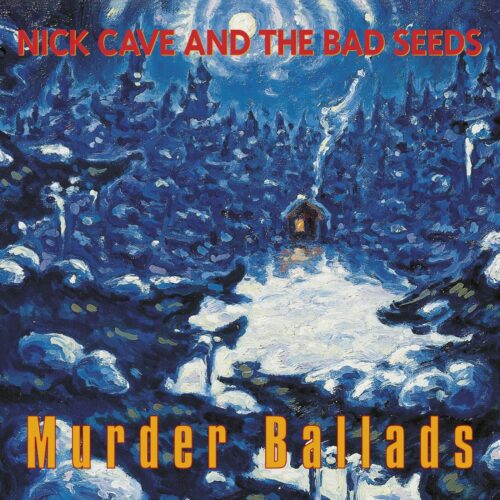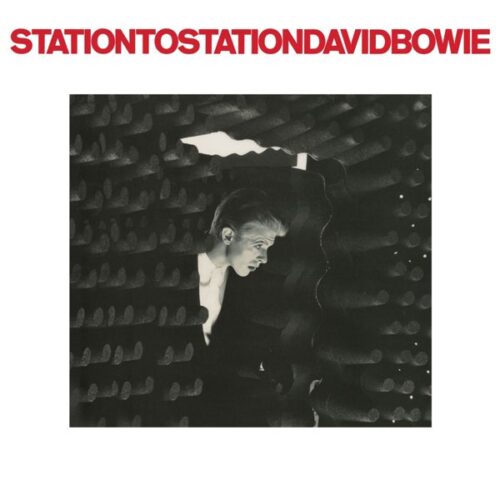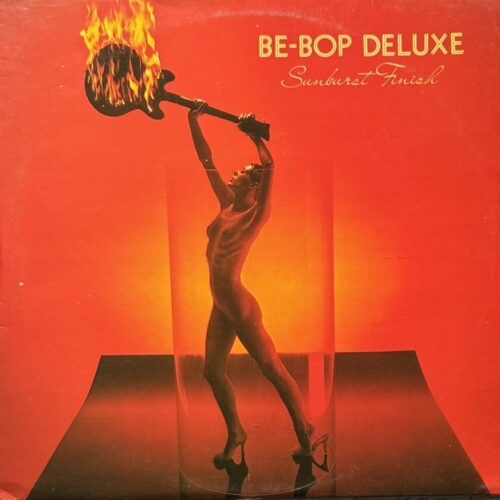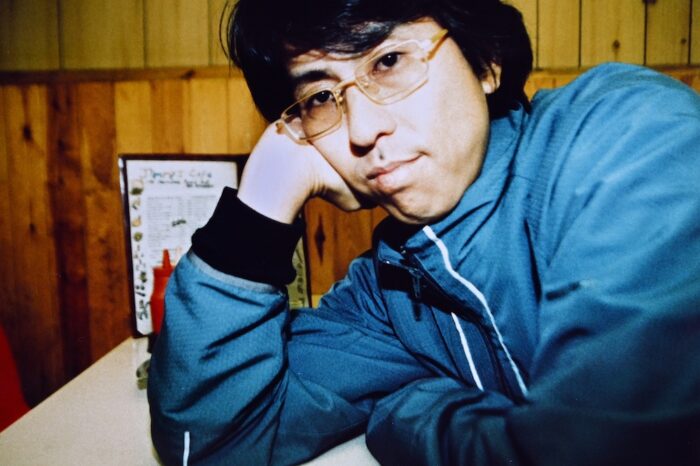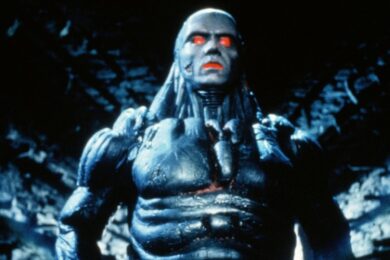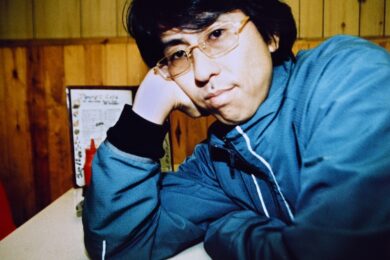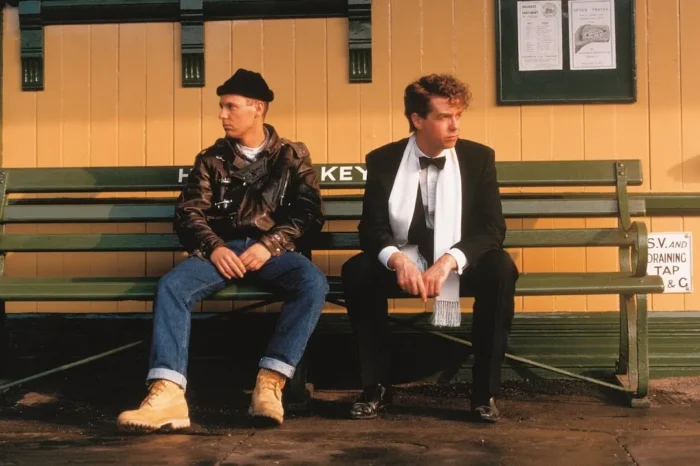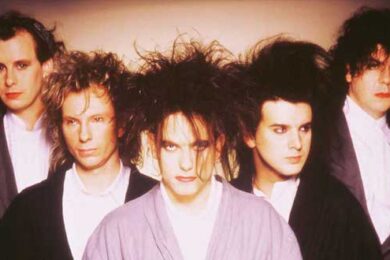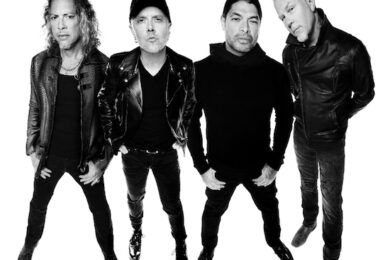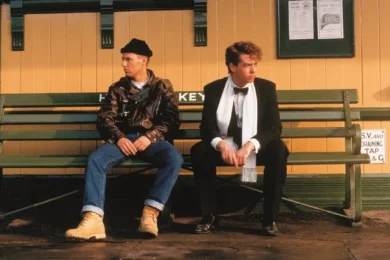


Opinion & Essays
Clear-sighted and well informed opinion on the culture of our past, present and future
“It’s About Time We Brought Art In, Innit?” Talk Talk’s The Colour Of Spring at 40
Though eclipsed by what came in its wake, The Colour Of Spring, at the heart of Talk Talk’s catalogue, is no less astonishing. Forty years on, Wyndham Wallace commends the inaugural rebirth of Mark Hollis’ synthpop band
Edith’s Diary: Drew Daniel on Creating Art under Fascism
Drew Daniel of Matmos has been creating dance music as The Soft Pink Truth for over 20 years, but recently he was forced to ask himself a difficult question: what utility does making music have while the world slides inexorably towards unmitigated disaster?
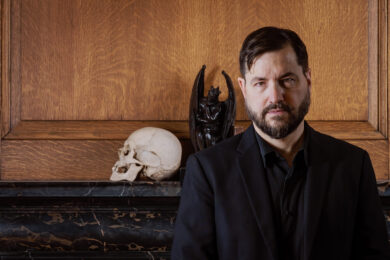
Rhythmic Cinema: Why Battleship Potemkin Remains Relevant, 100 Years On
From Shostakovich, to Pet Shop Boys, to DIY and grassroots collectivism, Luke Richards celebrates the centenary of the first public screening of Sergei Eisenstein's Battleship Potemkin, on January 18, 1926, and the myriad interpretations of its soundtrack which keep it relevant and radical today
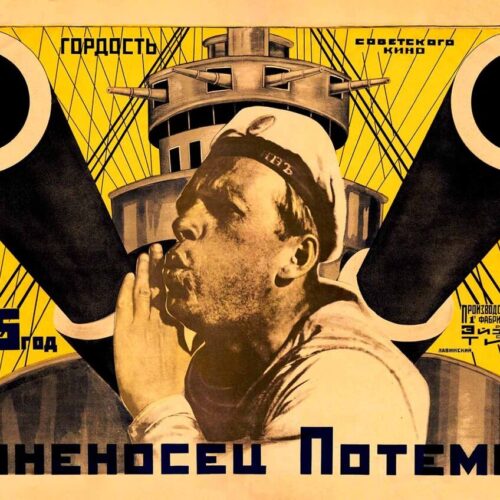
Why Reports of the Death of UK Nightlife are Greatly Exaggerated
From venue closures to VAT, conversations around the UK’s beleaguered nightlife sector have struck a singularly gloomy tone for more than a decade. But has that pessimism become part of the problem? Ed Gillett asks whether our eulogies for the late-night scene have outlived their usefulness.
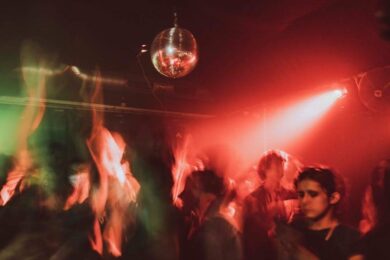
Black Sky Thinking
From The Shout to Bait: Listening to the Sound of Movies about Sound
Darran Anderson relishes hearing Rupert Hine's soundtrack to Jerzy Skolimowski's 1978 psychological horror, The Shout and discovers a sonic gateway in the process. Contains mild spoilers for films The Shout, Berberian Sound Studio, Blow Out, and The Conversation
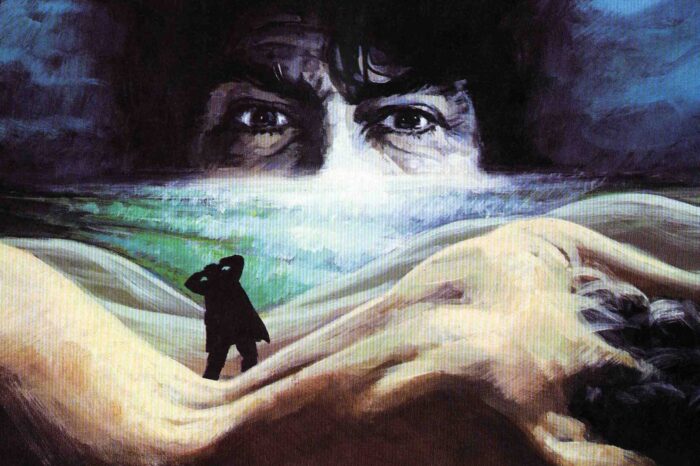
Why Ivor Cutler is my Spirit Guide, by Hamish Hawk
Scottish singer Hamish Hawk has long been obsessed with the playful lyricism, art and songcraft of the great Ivor Cutler. Writing for tQ, he explains why.

 Black Sky Thinking
Black Sky Thinking
From The Shout to Bait: Listening to the Sound of Movies about Sound
Darran Anderson relishes hearing Rupert Hine's soundtrack to Jerzy Skolimowski's 1978 psychological horror, The Shout and discovers a sonic gateway in the process. Contains mild spoilers for films The Shout, Berberian Sound Studio, Blow Out, and The Conversation
Low Culture Essay
Low Culture Essay: Tariq Goddard on Jeremy Brett, the Perfect Sherlock Holmes
Tariq Goddard declares that in Jeremy Brett's portrayal of Arthur Conan Doyle's fictional detective, the actor delivered one of the greatest TV performances of all time – one that was so total, it arguably destroyed him

Low Culture Essay: Duncan Wheeler on Ozzy at the 1989 Moscow Music Peace Festival
Although they went to the same primary school, Duncan Wheeler knew little about Ozzy Osbourne until Jon Bon Jovi led him to a VHS of a gig that counts as one of the strangest live events in rock history
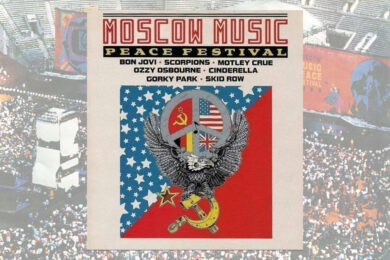
 Low Culture Essay
Low Culture Essay
Low Culture Essay: Tariq Goddard on Jeremy Brett, the Perfect Sherlock Holmes
Tariq Goddard declares that in Jeremy Brett's portrayal of Arthur Conan Doyle's fictional detective, the actor delivered one of the greatest TV performances of all time – one that was so total, it arguably destroyed him
 Low Culture Essay
Low Culture Essay
Low Culture Essay: Duncan Wheeler on Ozzy at the 1989 Moscow Music Peace Festival
Although they went to the same primary school, Duncan Wheeler knew little about Ozzy Osbourne until Jon Bon Jovi led him to a VHS of a gig that counts as one of the strangest live events in rock history
Anniversary
Been Around The World: The Magical Odyssey Of The Avalanches’ Since I Left You
A concept album that transcended its concept, a stealth mix-CD, global disco, sampledelic exotica, yacht rock by other means: the Australian group’s debut was many things, writes David Bennun - and above all it was, and remains, a joy. This article was first published in 2020

LL Cool J: Radio Versus Mama Said Knock You Out
Angus Batey takes a look at LL Cool J's two greatest LPs and considers the difference five years can make in a rapper's career. This feature was first published in 2015
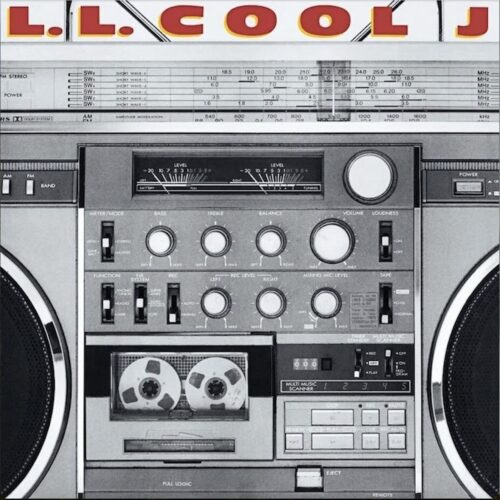
The Wind is Screaming Around the Trees: 40 Years of Psychocandy
Four decades back a major label released a debut album that sounded like almost nothing on earth while still sounding incredibly familiar. Our man in San Francisco Ned Raggett takes stock of it all
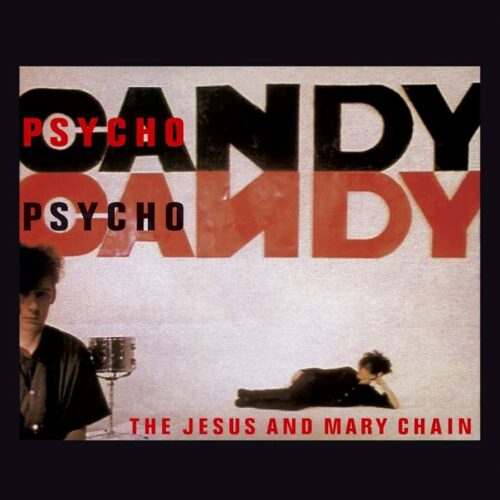
The Murmuring of the Future: Ghost In The Shell 30 Years On
Lawrence English speaks to art director Hiromasa Ogura and composer Kenji Kawai in order to celebrate one of the greatest anime ever made. Japanese interview translation by Haruna Ito. Cover portrait of Hong Kong courtesy of the author

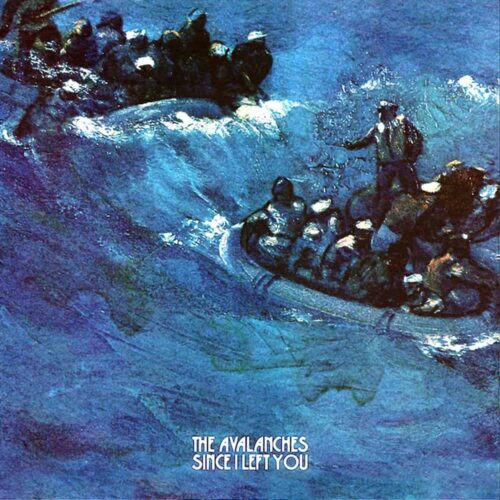 Anniversary
Anniversary
Been Around The World: The Magical Odyssey Of The Avalanches’ Since I Left You
A concept album that transcended its concept, a stealth mix-CD, global disco, sampledelic exotica, yacht rock by other means: the Australian group’s debut was many things, writes David Bennun - and above all it was, and remains, a joy. This article was first published in 2020
 Anniversary
Anniversary
The Murmuring of the Future: Ghost In The Shell 30 Years On
Lawrence English speaks to art director Hiromasa Ogura and composer Kenji Kawai in order to celebrate one of the greatest anime ever made. Japanese interview translation by Haruna Ito. Cover portrait of Hong Kong courtesy of the author
Beyond The Hits
Stronger Than Pride: Beyond The Hits Of Sade
Sade superfan Alex Macpherson celebrates the release of a career-spanning box set by selecting lesser known gems from their back catalogue

